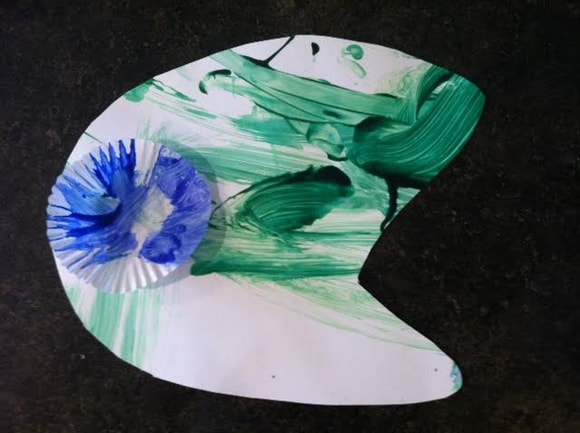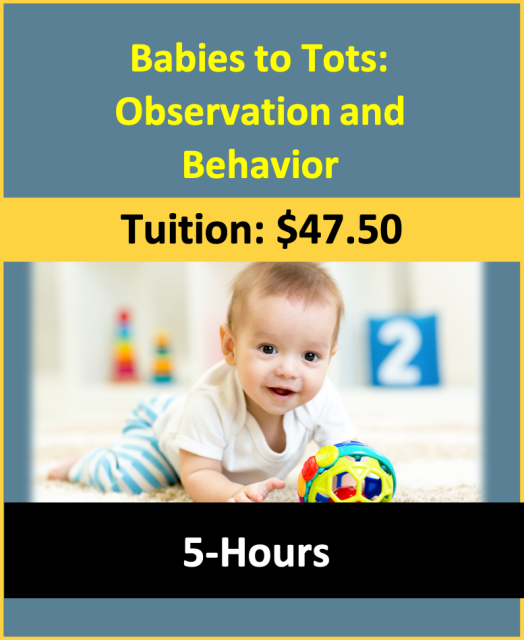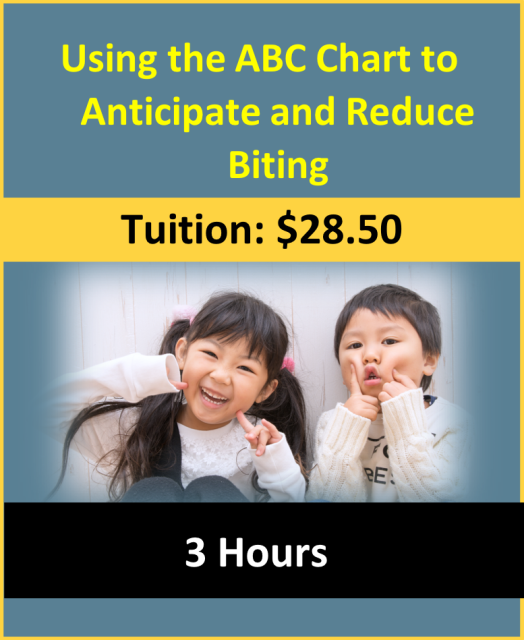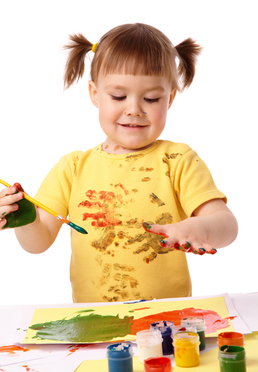Lily Pad Painting
Lesson Plan:
|
Activity:
Lily Pad Painting Lesson plan developed by Ms. Erika Geelhoed, BA Ed Age Group:
* Lesson plan objective and assessment can be adapted to use this activity with toddlers or preschoolers.
Objectives:
|
Children will:
- practice fine motor skills by showing control of a paintbrush.
II.4.2a
- Activities and materials encourage children of varying abilities to develop their small muscles
- a) Individual fine motor skills are encouraged through a variety of developmentally appropriate materials and activities
Materials:
- thick white paper
- paintbrush
- green and purple paint
- cupcake wrapper
- glue
Procedure:
- Prep children for activity by rolling sleeves, removing clothing, etc.
- Using the green paint and thick white paper, have children practice making brush strokes.
- Next, have children paint the cupcake wrapper using the purple paint.
- When dry, cut the children’s painting into the shape of a lily pad and attach the flower wrapper to it using glue.
Assessment:
- Observe and record small motor skills to determine how much control the children have with a brush.
Click on the course icon for enrollment information.
The Importance of Art for Infants and Toddlers
|
Art for children is more about the process of creating than the product that develops (Jalongo & Isenberg, 1997). Most infants who make marks on paper are simply exploring what happens when the marker or other writing instrument touches the paper. They are not really interested in creating something specific on the paper.
As infants grow into toddlers, they learn how to better control a marker, crayon, paintbrush, or other art tools. Over time, their scribbles will begin to have more of a shape rather than being haphazard marks on the paper. However, this does not mean that a child should only participate in drawing activities. Children should be given a variety of art experiences. |
- The act of dipping a paintbrush into paint and then applying it to paper shows that the child is using concentration and focus. Painting also allows a child to use his/her imagination freely. All very important skills! Providing assorted materials for the children to paint with gives them a chance to explore a variety of ways to paint. For example, place sponges, assorted paintbrushes, and assorted types of paper out and invite the children to explore (Terreni).
- Infants and toddlers learn about textures and movements through finger painting. Enjoying finger paint and the different effects their hand movements have on the paint is yet another way of broadening young children’s creativity (Terrini).
- Clay offers infants and toddlers ways to build small motor skills and creativity. The act of squeezing clay builds small motor skills. As the children age past toddlers, they will begin creating objects with the clay (Terreni).
- Collage materials offer infants and toddlers ways to build small motor skills and creativity. Provide older infants and toddlers with chunky paintbrushes and glue in dishes. The children can “paint” the glue onto paper before placing magazine pictures, paper, and other assorted items on the glue. Because children decide what goes on the glue, this is building their cognitive and creative skills along with small motor skills (Terreni).






